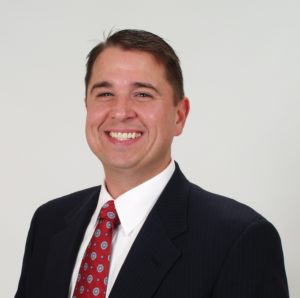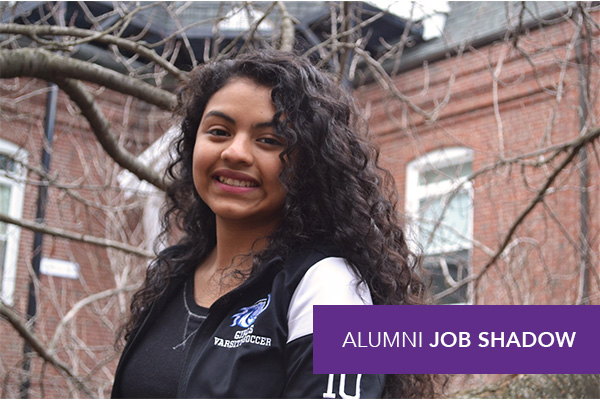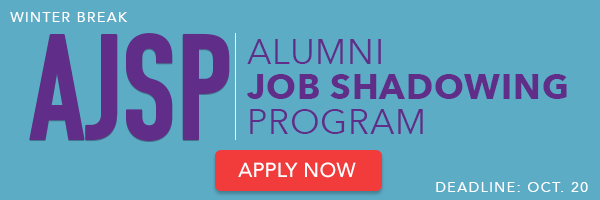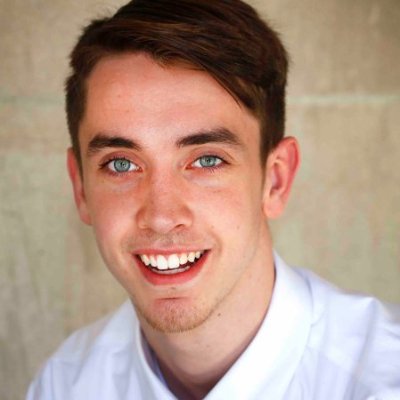Meet Alumna Michelle Schefter ’16, MBA Candidate at Yale School of Management
What were you involved in when you were on campus?
I was a chemistry lab teaching assistant, as well as a student researcher in Professor Petty’s lab. I studied abroad at Trinity College Dublin for my junior year, where I participated in various activities. Upon my return, I avidly encouraged students, particularly in STEM, to consider studying abroad too. I was also a member of the club soccer team.
What was your major and how did it affect your career decisions?
I was a chemistry major, and I had a hard time deciding what to do with it. I liked the idea of many different career options, particularly in the pharmaceutical and healthcare industries, but I did not feel ready to commit to medical school or a PhD program. Overall, my degree in chemistry made me eligible for entry-level jobs in both of these fields, and it also showed employers that I was competent in problem solving and other quantitative skills that are important in any industry.
What planned and unplanned events connected you to your industry and your first employer after Holy Cross? How did you learn/decide it was a good fit for you?
A summer internship at a small biotechnology company opened my eyes to an industry that I had not known much about at the time. I later searched for full time positions at similar biotech and pharmaceutical companies until I eventually stumbled upon AstraZeneca’s program. It stood out for several reasons: I would get broad exposure to an industry I did not have much experience in, I would have an impact on active drug projects, and I would have the opportunity to participate in a professional development program. In other words, I saw an opportunity to learn a lot, expand my resume, and grow professionally.
What are one or two skills that you developed at Holy Cross that you use in your work?
While it is important to be a diligent scientist while working at a pharmaceutical company, it is just as important to have good ‘soft skills.’ Whether it was assigning group presentations for a class or sending students to the ACS conference in San Diego, Holy Cross provided several opportunities to develop presentation and interpersonal skills and ensured that I was not only a scientist, but also a well-rounded individual upon graduation. At work, I often use these same skills to present ideas to my colleagues and network with the wider scientific community, all of which contributes to being successful in my position.







